In the transportation industry, detention or halting charges are crucial in managing delays and ensuring timely deliveries. However, these charges often fail to reflect the actual waiting time cost, leading to significant challenges for truck drivers and businesses. Detention charges, which arise when drivers are forced to wait beyond their scheduled loading or unloading times, can severely impact drivers’ earnings and overall job satisfaction.
Understanding the implications of these charges is vital for exporters and businesses with goods transiting from India to the USA. This article explores the necessity of adjusting detention charges, highlights the challenges faced by drivers, and underscores the importance of fair compensation to maintain a balanced and effective transportation system.
Understanding Detention Charges
Detention charges refer to the fees levied when a truck or cargo is delayed beyond the agreed-upon loading or unloading time. These charges compensate for the time and resources the transportation company or driver loses due to the delay. This delay may arise for a variety of reasons, including slow dock processing, issues with paperwork, or operational inefficiencies. The primary purpose of detention charges is to compensate the driver and the transportation company for the additional time and potential revenue lost due to the delay.
Let’s understand the detention charge with an example.
Example of Detention Charge Calculation
Scenario: A round trip from Karnataka to Chennai, covering a distance of 1500 km. We will calculate the detention charges by breaking down the trip rate analysis, expenses, and profit.
Trip Rate Analysis
For this example, let’s assume the following:
- Round Trip Distance: 1500 km (750 km each way)
- Rate Per Kilometer: Rs 40
Trip Rate Calculation:
- Total Trip Rate: 1500 km × Rs 40/km = Rs 60,000
Expense Breakdown
Diesel Cost: Rs 80 per liter, and the truck consumes 6 km per liter.
- Total Diesel Needed: 1500 km / 6 km/liter = 250 liters
- Total Diesel Cost: 250 liters × Rs 80/liter = Rs 20,000
Tolls: Rs 500 per toll plaza, and there are 4 tolls each way.
- Total Toll Cost: 4 tolls × 2 trips × Rs 500/toll = Rs 4,000
Driver Salary: Rs 2,500 per day, assuming a 2-day trip.
- Total Driver Salary: Rs 2,500/day × 2 days = Rs 5,000
Miscellaneous Costs: (e.g., food, maintenance) estimated at Rs2,000 for the trip.
Total Expenses Calculation:
- Diesel Cost: Rs 20,000
- Tolls: Rs 4,000
- Driver Salary: Rs 5,000
- Miscellaneous Costs: Rs 2,000
- Total Expenses: Rs 20,000 + Rs 4,000 + Rs 5,000 + Rs 2,000 = Rs 31,000
Profit Calculation
Total Revenue (Trip Rate): Rs 60,000
Total Expenses: Rs 31,000
Profit Calculation:
- Profit: Rs 60,000 – Rs 31,000 = Rs 29,000
Detention Charge Impact
Let’s assume the agreed free time for loading/unloading is 2 hours, and the vehicle incurs 5 additional hours of detention. The detention charge rate is Rs 500 per hour.
Detention Charge Calculation:
- Total Detention Charges: 5 hours × Rs 500/hour = Rs 2,500
Revised Profit Calculation:
- Revised Total Revenue: Rs 60,000 – Rs 2,500 (detention charges) = Rs 57,500
- Revised Profit: Rs 57,500 – Rs 31,000 (total expenses) = Rs 26,500
In this example, detention charges of Rs 2,500 reduce the profit from Rs 29,000 to Rs 26,500. Proper management and negotiation of detention charges can significantly impact overall profitability, highlighting the importance of addressing delays and fair compensation in transportation logistics.
Also Read: What is ISF in Shipping and Why is it Needed?
Core Problems with Current Detention Charges and Possible Solutions
Detention or halting charges are intended to compensate for delays in the loading or unloading process, but several core problems arise with their implementation. Understanding these issues and exploring potential solutions can help improve fairness and efficiency in the transportation industry.
Lack of Standardization
Problem: Detention charge rates and terms vary widely between carriers, shippers, and regions. This lack of standardization can lead to misunderstanding and disagreement about reasonable delays and how much should be charged.
Solution: Implement industry-wide standards for detention or halting charges, including clear definitions of free time, hourly rates, and acceptable delay limits. Establishing uniform guidelines can help reduce disputes and ensure consistency across the industry.
Insufficient Compensation for Delays
Problem: If delays are prolonged, current detention charges may not significantly compensate for the time lost. Drivers and carriers might not receive fair compensation relative to the financial impact of extended wait times.
Solution: Review and adjust detention charge rates to better reflect the actual cost of delays. Consider factors such as the duration of delay, operational disruptions, and opportunity costs. Increasing the rates or adding tiered pricing based on the duration of delays could provide fairer compensation.
Administrative Complexity
Problem: Calculating, documenting, and disputing detention charges can be cumbersome and administratively burdensome. This intricacy might cause inconsistencies and inaccuracies in charge assessment and payment.
Solution: Streamline the process by adopting automated systems for tracking and calculating detention charges. Implementing digital tools and platforms can reduce administrative burdens, improve accuracy, and facilitate quicker dispute resolution.
Impact on Driver Earnings
Problem: Extended detention times can significantly impact driver earnings, especially if drivers are paid per mile or load rather than hourly. Detention charges might cause financial strain and frustration among drivers.
Solution: Consider revising payment structures to include compensation for waiting time. Implementing hourly or per-hour delay compensation for drivers can ensure they are fairly paid for all time spent, including delays.
Lack of Transparency
Problem: The criteria for assessing delays and calculating detention charges can lack transparency, leading to disputes and mistrust between shippers and carriers.
Solution: Enhance transparency by clearly communicating the criteria for detention charges and providing detailed documentation of delays. Implementing tracking systems that record loading and unloading times can offer a clear, objective basis for calculating charges.
Intoglo’s Approach to Detention Compensation
Intoglo, a leading cross-border FCL shipment provider from India to the USA, has adopted a progressive approach to handling detention compensation. Here’s a detailed look at how Intoglo addresses detention challenges, offers higher compensation rates, and provides a structured compensation slab.
Optimizing Efficiency Through Fair Practices
Intoglo acknowledges the significant challenges associated with detention charges. The company understands that delays in loading or unloading can disrupt schedules, impact earnings, and create operational inefficiencies. By recognizing these challenges, Intoglo addresses the need for a fair and transparent system compensating for time lost beyond the agreed-upon periods.
Direct Rate Procurement and Special Contract Rates
Intoglo offers direct procurement rates and special contract rates higher than industry standards. While many carriers and shippers apply standard rates that may not fully cover the costs of extended delays, Intoglo sets its rates to better reflect the actual impact of wait times.
Transparency and Fairness
Intoglo ensures that the compensation slab is transparent, with clear communication regarding the rates and conditions applicable to different delay durations. This approach helps manage expectations and reduce disputes between shippers and carriers.
Intoglo’s approach to detention compensation addresses industry challenges with a particular contract rate and a detailed compensation slab.
Also Read: Types and Calculation of Shipping Charges
Conclusion
Addressing the issue of detention or halting charges is essential for fostering a fair and efficient transportation industry. The importance of implementing higher and more accurate detention charges cannot be overstated, as they directly impact the financial well-being of truck drivers and the overall efficiency of logistics operations. By ensuring that these charges fairly reflect the time and costs associated with delays, we can enhance driver satisfaction, reduce operational disruptions, and promote a more balanced relationship between shippers and carriers.
Our commitment to improving conditions in the logistics industry underscores the need for equitable compensation practices. Supporting truck drivers with fair detention charges is a matter of financial fairness and a step towards developing a more sustainable and efficient supply chain. With more than 40 trucking partners and 50+ warehouses in the USA, we ensure fair treatment for everyone involved in logistics.
Intoglo’s freight forwarding and transportation management expertise can help you with the following services:
- Comprehensive Door-to-Door Service: From pickup in India to final delivery in the USA.
- Global Team Support: Responsive teams in both India and U.S. time zones for smooth communication.
- Instant Quotes: Fast and accurate rates on full container loads.
- Extensive U.S. Warehouse Network: Over 50 strategically located warehouses across the USA.
- End-to-End Tracking: Glotrack module for complete shipment visibility and real-time WhatsApp updates.
- In-House Compliance and Customs Clearance: Dedicated compliance team for smooth customs processes.


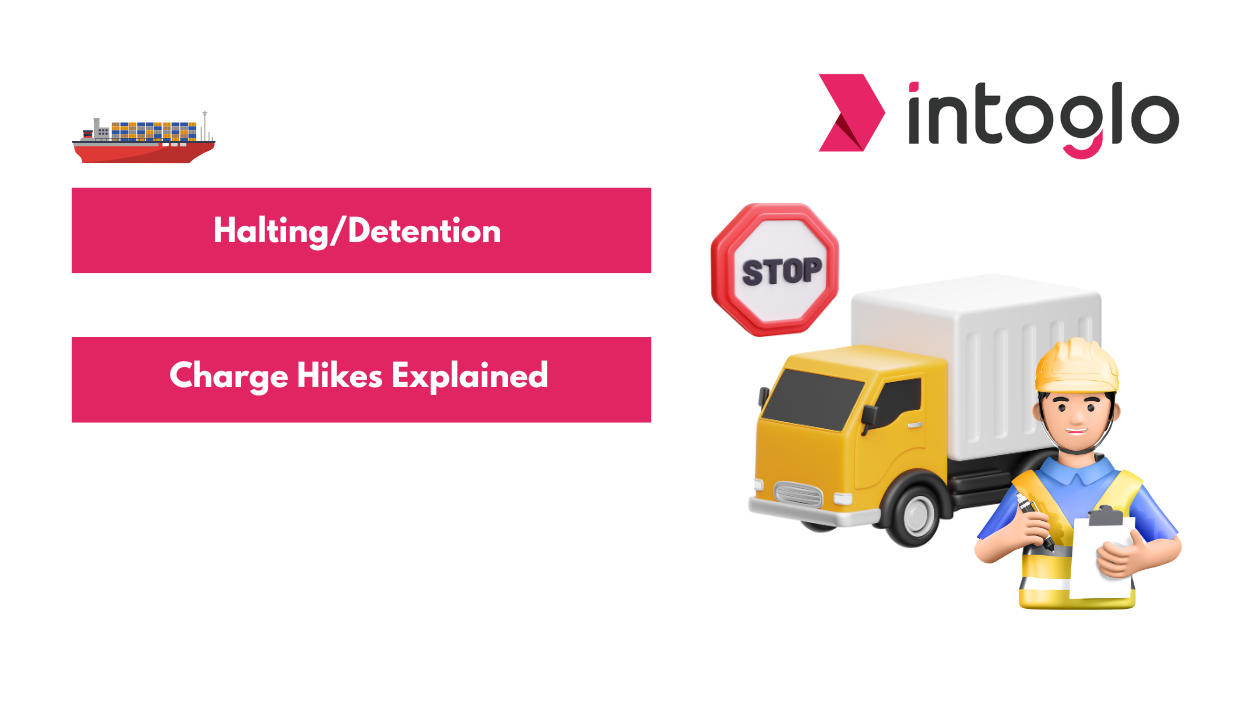

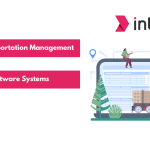
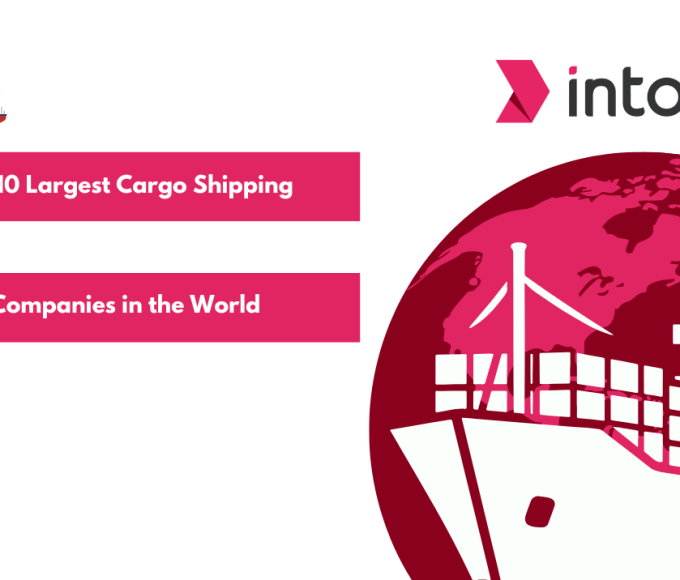
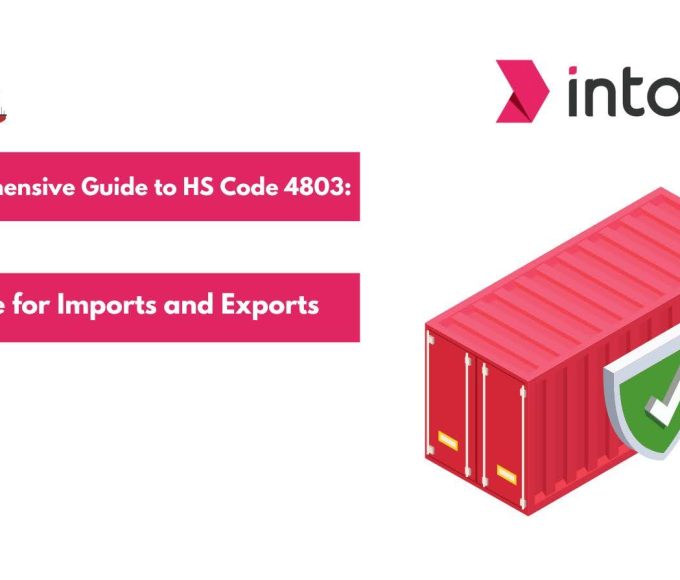
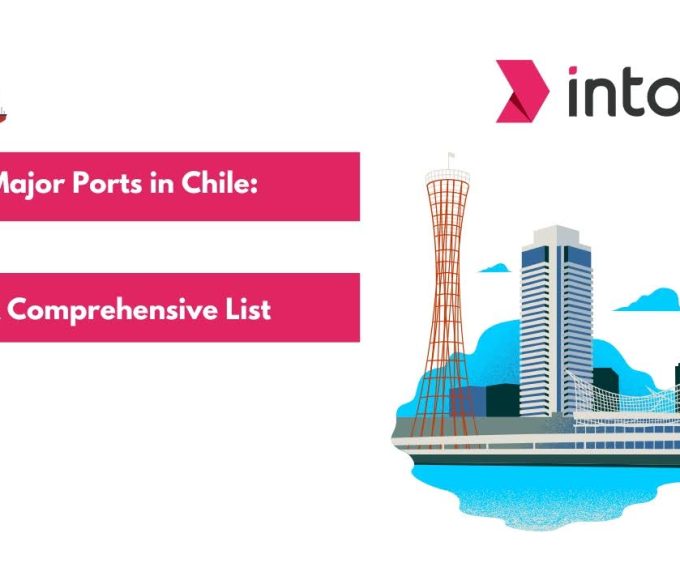
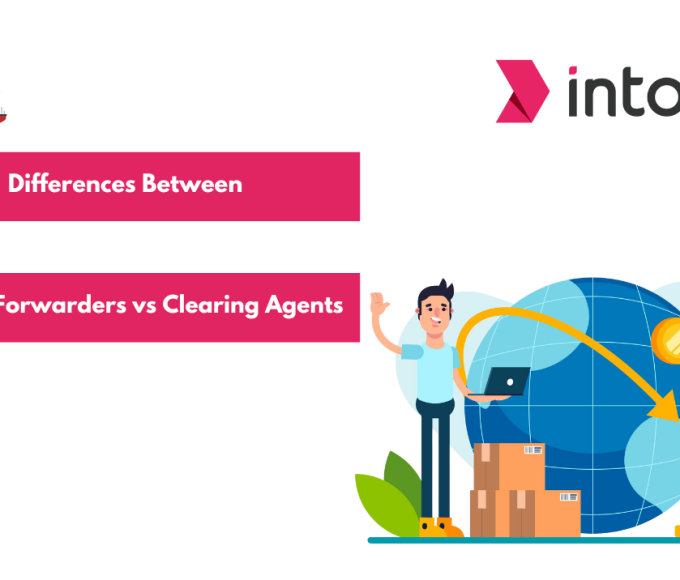
Leave a comment